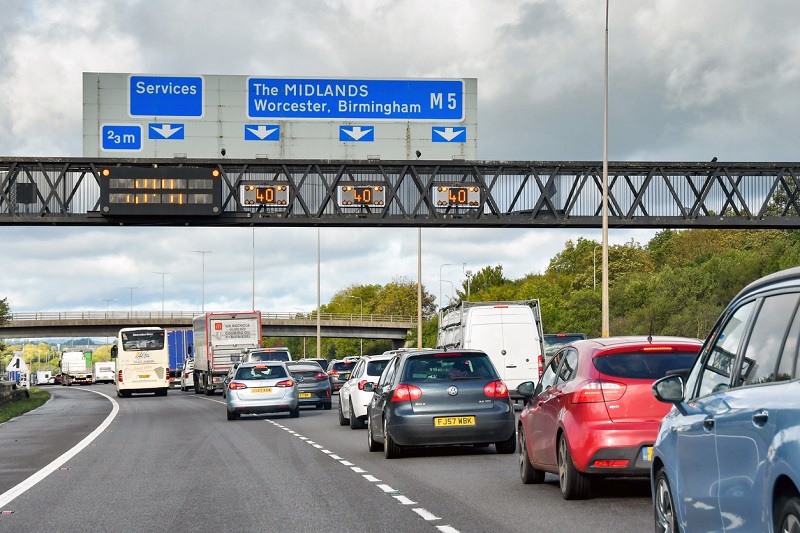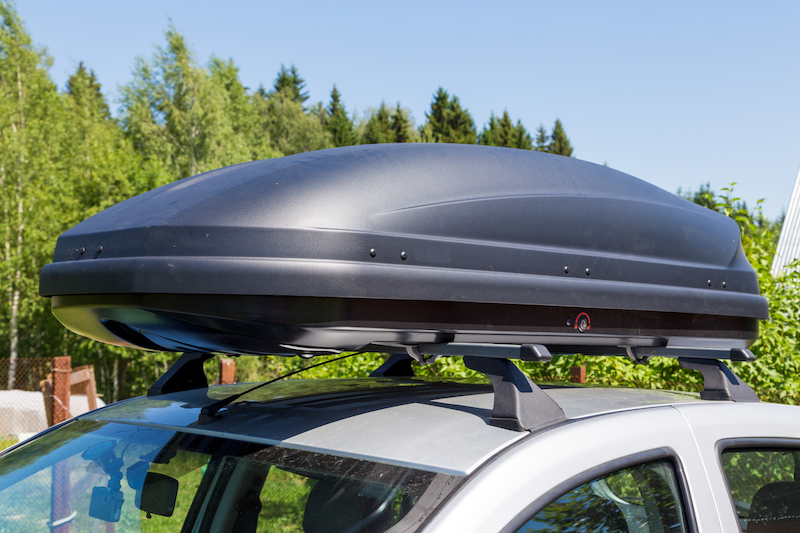Air conditioning: Your questions answered

Summer’s finally here and for many of us keeping cool behind the wheel means switching on that all-important aircon. But how much do you know about your car’s A/C unit? Here are all your questions answered…
What is aircon?
It wasn’t so long ago that having in-car aircon was considered as good as it got when it came to cars, but these days you’d be hard pushed to find a new car that doesn’t offer A/C.
So, there’s no more winding down your windows and hoping the wind cools you down during those sweaty summer afternoons, because all you need to do is push a button and you can drive in climate-controlled comfort.
Does aircon use more fuel?
In short, yes.
Experts predict that running an aircon system uses between 8%-10% more fuel than not, which means you have to fill up at the pump more often.
However, it’s also worth noting that opening a window also uses more fuel (more on that later), so unless you want to sit in a completely sealed car and slowly bake in the heat of the midday sun, you’re going to have to use more fuel somehow…
Is it cheaper to use aircon or open a window?
That depends on how fast you’re driving. At speeds of up to 55mph (which could be most of the time for many drivers), then it’s more economical to simply open your windows to keep cool.
However, at speeds above 55mph, the extra drag created by the open windows means increased fuel consumption of over 10%, so it’s more economical to switch on the A/C when driving at higher speeds, such as on the motorway.
My aircon is leaking…what should I do?
In some circumstances, particularly in hot weather, a little water leaking from your A/C unit is perfectly normal and is simply due to condensation forming on your system.
However, if the leaking continues, it’s cold outside, or the system is leaking something other than just pure water, it could be a sign your aircon needs a servicing from the professionals.
My aircon has stopped working…what should I do?
With the constant warming and cooling of gases and liquids in your aircon system, it’s occasionally inevitable that some of this gas escapes.
Over time, this seepage can cause an aircon unit to stop functioning properly, which will mean your A/C stops blowing cold.
If this happens to you, it’s time to get your system refilled, which is called re-gassing or recharging.
What is aircon re-gassing?
Aircon re-gassing simply means taking the old refrigerant gas out from your A/C system and replacing it with new refrigerant.
Replacing this gas should get your aircon unit back to working efficiently, blowing out cold air.
However, if re-gassing the unit doesn’t fix the issue, you could have a more serious underlying issue such as a leak in the system.
How much does an aircon re-gas cost?
A simple re-gassing doesn’t cost too much (most garages will charge around £50 for the service), and should only take around 45 minutes.
However, failing to get your system re-gassed could be costlier due to the extra strain put on the engine by an inefficient A/C unit.
How often should I re-gas my aircon?
Some drivers will simply wait until their aircon system is no longer blowing out cold air before thinking about getting it re-gassed, but this can be a mistake.
Most manufacturers recommend getting your A/C serviced every two years (check your owner’s manual for details) to avoid a poorly-functioning system that could leave your engine working harder.
Is there anything else should I know about my car’s aircon system?
Don’t just use your car’s A/C system when it’s hot outside.
As well as getting it regularly re-gassed, one of the best ways to keep your system well-maintained is by using it all-year round.
You should also change your cabin filter regularly, too, to help keep that air as pure as possible.
For all the latest news on motoring laws and regulations, check out the 1ST Central Hub to keep up to date with the latest goings on.


